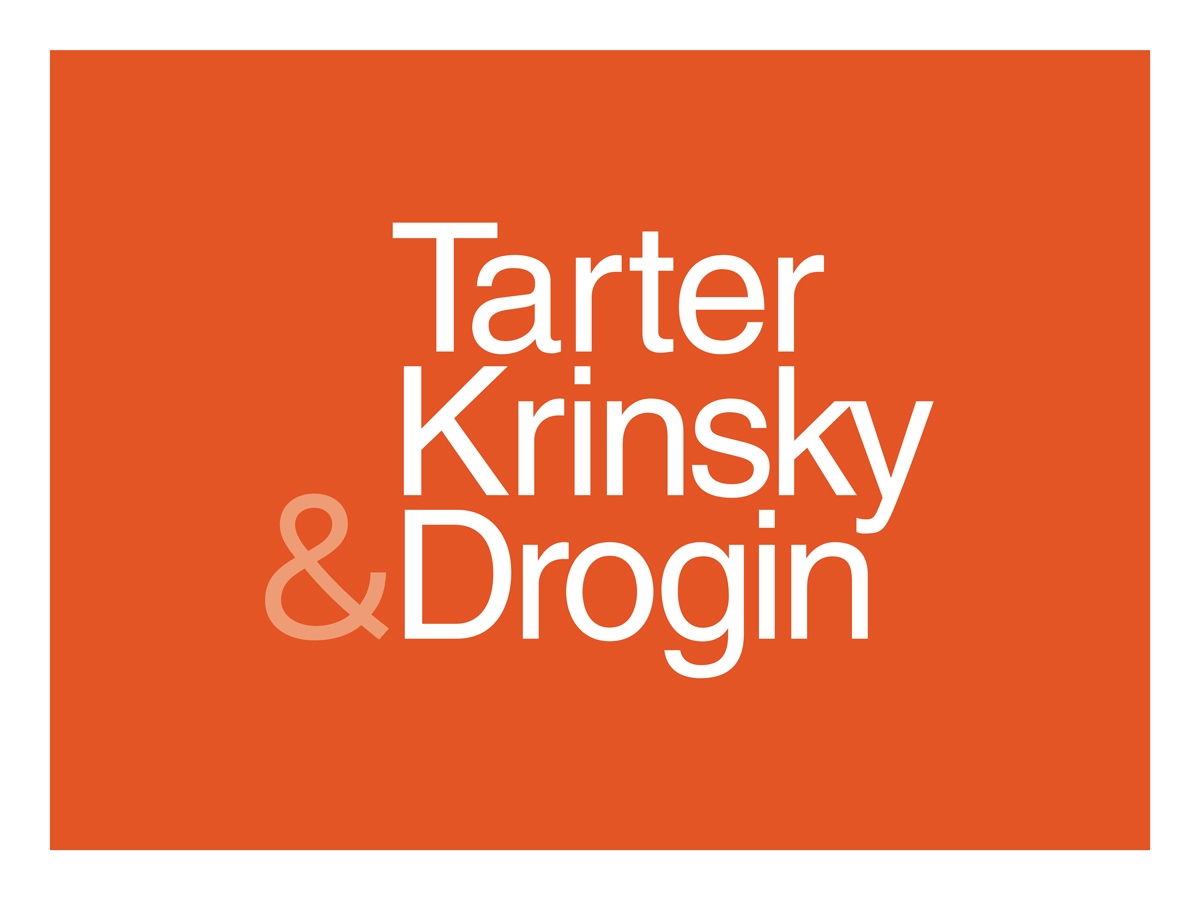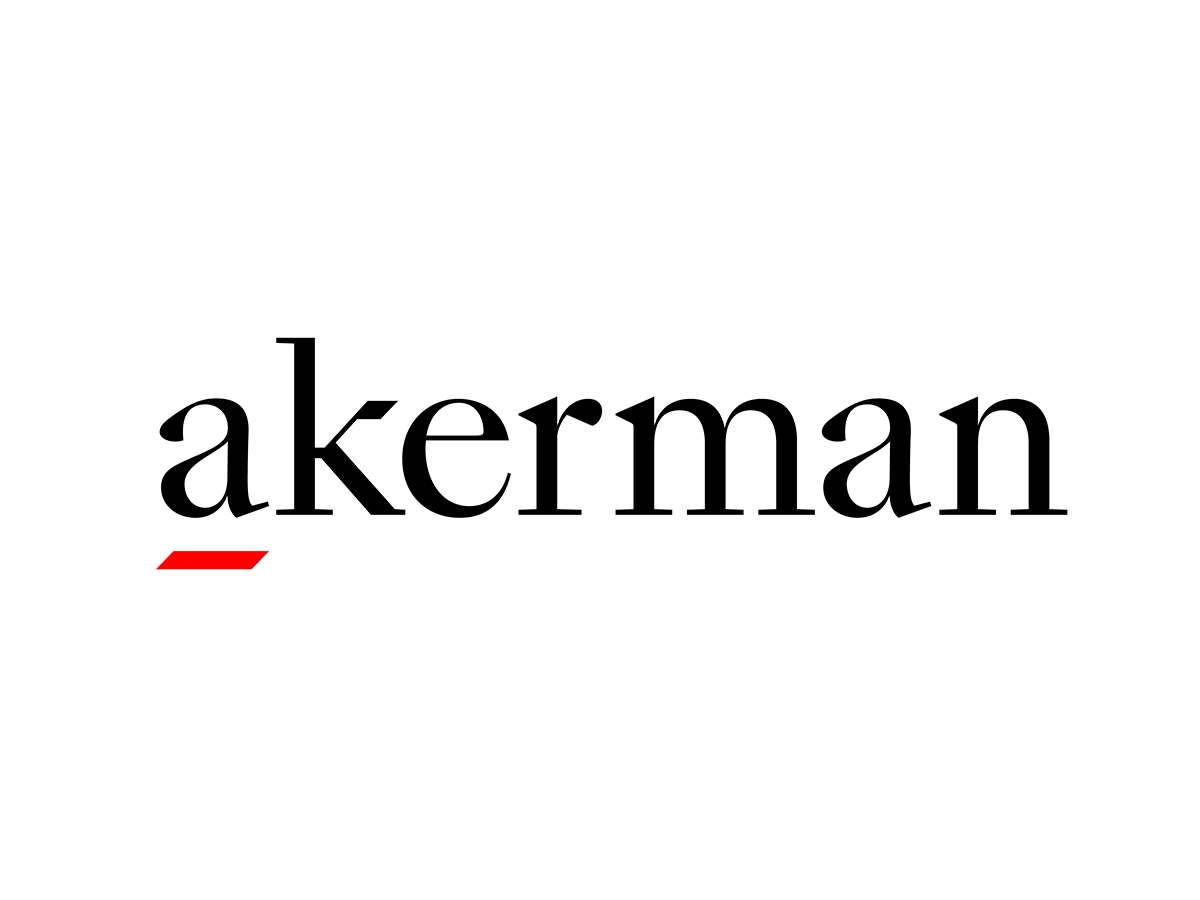Supreme Court Rejects TRUMP TOO SMALL Trademark | Fox Rothschild LLP
“TRUMP TOO SMALL”
This is the trademark that Steve Elster has been trying to get registered for the past six years since filing his trademark application all the way back in January 2018, during the Trump presidency. Since then, his mark has faced rejection by the United States Patent and Trademark Office (USPTO) and had that rejection upheld by the Trademark Trial and Appeal Board (TTAB).
The USPTO claimed that refusal to register the “Trump too small” mark was warranted under section 2(c) of the Lanham Act (the relevant section of which is reproduced below) due to the inclusion of the Trump name in the mark itself.
“No trademark by which the goods of the applicant may be distinguished from the goods of others shall be refused registration on the principal register on account of its nature unless it— …
(c) Consists of or comprises a name, portrait, or signature identifying a particular living individual except by his written consent, or the name, signature, or portrait of a deceased President of the United States during the life of his widow, if any, except by the written consent of the widow.
15 U.S. Code § 1052.
Elster found some hope last year, when the United States Court of Appeals for the Federal Circuit (CAFC) reversed the TTAB’s “finding that the mark included the surname of a living individual, President Donald J. Trump, without his consent.” In re Steve Elster, Case No. 20-2205, Dkt. #57, at p. 2 (Fed. Cir. Feb. 24, 2022) (precedential). The CAFC held that “applying section 2(c) to bar registration of Elster’s mark unconstitutionally restricts free speech in violation of the First Amendment.” Id.
However, this was not the end of the story.
We learned last year that the Supreme Court of the United States (SCOTUS) decided to take up this case “to resolve whether the Lanham Act’s names clause violates the First Amendment.” Vidal v. Elster, 602 U. S. __, 3 (2024).
There is no question that the “TRUMP TOO SMALL” mark is in reference to Donald J. Trump.
During the prosecution of the trademark application, the applicant asserted that the mark “is political commentary about presidential candidate and president Donald Trump that the relevant consumer in the United States would not understand to be sponsored by, endorsed by, or affiliated with Donald Trump.” Response to Office Action of February 19, 2018, U.S. Trademark Application No. 87749230 (July 8, 2018). In today’s SCOTUS decision, it is further remarked that the “mark draws on an exchange between then-candidate Donald Trump and Senator Marco Rubio during a 2016 Presidential primary debate.” Elster, 602 U. S. __, at 3.
There is no question that Donald Trump was alive when the trademark application was filed, and is alive as of today’s SCOTUS decision, so the “TRUMP TOO SMALL” mark clearly “[c]onsists of or comprises a name, portrait, or signature identifying a particular living individual,” as stated in the names clause of the Lanham Act. 15 U.S. Code § 1052(c).
In determining whether the names clause of the Lanham Act violates the First Amendment, SCOTUS reversed the judgment of the CAFC, concluding that “the names clause is grounded in a historical tradition sufficient to demonstrate that it does not run afoul of the First Amendment.” Elster, 602 U. S. __, at 21.
Justice Thomas elaborated that “history and tradition establish that the particular restriction before us, the names clause in §1052(c), does not violate the First Amendment” and that, “[a]lthough an occasion may arise when history and tradition cannot alone answer whether a trademark restriction violates the First Amendment, that occasion is not today.” Id., at p. 22.
Similarly, for those wondering when the “TRUMP TOO SMALL” mark would be pushing through to registration, that answer is also not today.
[View source.]






